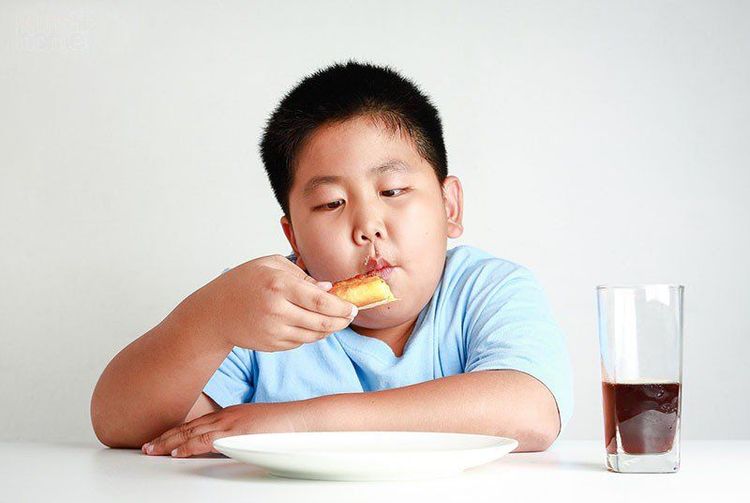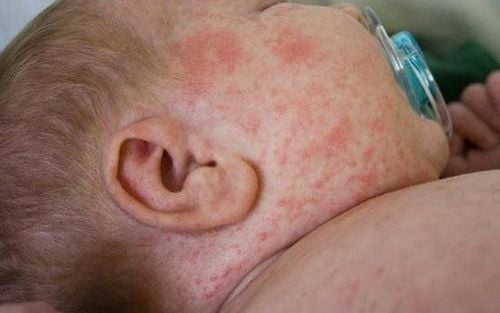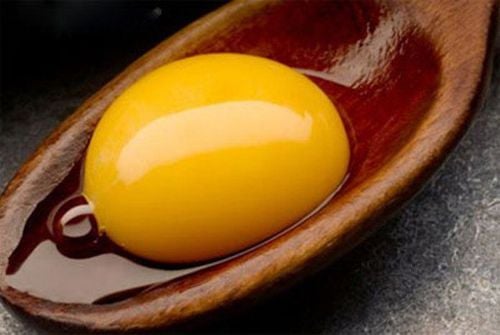Some parents believe that providing more protein will make their children healthier. However, in reality, consuming too much protein does not build stronger muscles but instead overburdens the kidneys and liver, increases the risk of dehydration, and causes several health issues harmful to the child.
1. The role of protein
Protein, along with carbohydrates and fats, is one of the three main nutrients metabolized to provide energy for the body. Protein has essential functions, such as:
- Forming the structure of all body cells;
- Functional roles like enzymes;
- Acting as carriers and hormones
2. How much protein do children need?
How much protein is sufficient to avoid overconsumption? According to nutrition experts, 10–30% of the body’s energy is supplied by protein. The amount of protein needed varies depending on age, gender, weight, and activity level of the child.
For young children, protein needs depend on age, specifically:
- Children aged 2–3 years: 13 grams/day;
- Children aged 4–9 years: 19 grams/day;
- Children aged 9–13 years: 34 grams/day.
For adolescents, protein needs depend on gender:
- Boys aged 14–18 years: 52 grams/day;
- Girls aged 14–18 years: 46 grams/day.
Parents should supplement their children with protein daily to provide basic needs and let them exercise if their children have a high-protein diet.

3. What sources of protein should children get?
Typically, protein is provided through animal products such as beef, fish, eggs, milk, or dairy products, and some plant-based sources.
Typically, protein is provided through animal products such as beef, fish, eggs, milk, or dairy products, and some plant-based sources.
Meat, poultry, and fish are "complete proteins" because they contain all the essential amino acids the body needs.
Nuts, beans, dairy products, and eggs tend to lack certain amino acids and are considered "incomplete proteins." However, they are excellent protein sources, especially when combined in meals to balance the different types of proteins.
Protein can be found in many foods, so there’s no need to worry if your child loves carbohydrates. Nuts, beans, some grains, and vegetables also contain protein. A diet consisting of three balanced meals and one or two healthy snacks a day provides ample opportunities to include protein, as well as carbohydrates and healthy fats, which are equally essential for your child.
4. Signs and consequences of children with excess protein
Parents can identify signs of protein overload in children through the following symptoms:
- Frequent urination: If your child urinates often, it could be a sign of protein overload. The kidneys can only process a limited amount of protein. Excess protein accumulates, creating an acidic environment in the kidneys, leading to frequent urination. Initial side effects may include mild dehydration, but it can later result in kidney stones.
- Anxiety and irritability: This occurs in children who consume high protein but low carbohydrate diets. Carbohydrates stimulate serotonin release—a hormone that promotes relaxation and optimism.
- Digestive discomfort and indigestion: High-protein diets often lack fiber, especially when protein primarily comes from animal sources. This harms a child’s digestive system. Fiber helps regulate bowel movements and is mainly found in plant-based foods. Parents should balance meals by adding green vegetables and fruits to ensure their child’s health.
- Weight gain: Excess protein equals excess calories. If the child cannot burn the calories, they are stored as fat, leading to weight gain. Additionally, fat accumulation increases the risk of cardiovascular diseases.

- Persistent fatigue: Even if your child gets enough sleep, they may feel tired. Overconsumption of protein overworks the kidneys and liver. Furthermore, a high-protein, low-carb diet affects the brain, reducing sharpness and focus. Carbohydrates are the brain’s primary energy source, so parents should encourage whole grains, fruits, and vegetables for optimal health.
- Bad breath: Excessive protein intake causes bad breath, another sign parents should reconsider their child’s diet.
- Overloading a child’s diet with protein can harm long-term health and damage organs. Conditions like type 2 diabetes, cancer, and osteoporosis have been linked to excessive protein consumption over time.
Consuming more protein than recommended not only fails to improve a child’s development but also harms their health. Parents must create a balanced diet for their children. If signs of protein overload appear, consult nutrition experts to establish a suitable diet to ensure comprehensive health for the child.
To arrange an appointment, please call … or make your reservation directly HERE. You may also download the MyVinmec app to schedule appointments faster and manage your reservations more conveniently.













